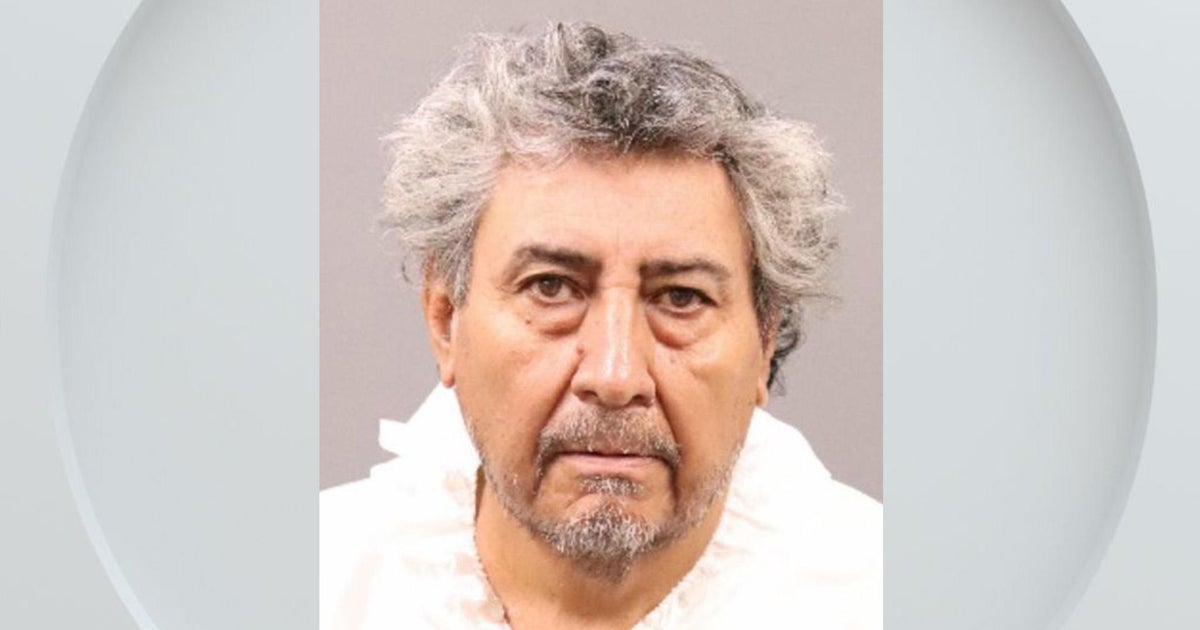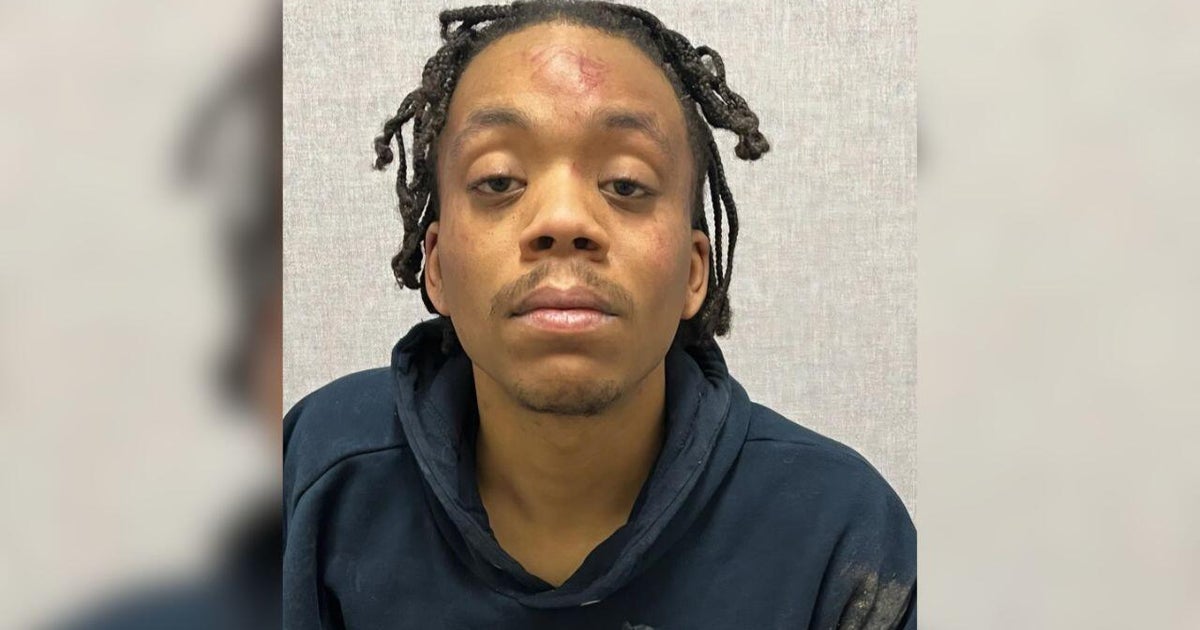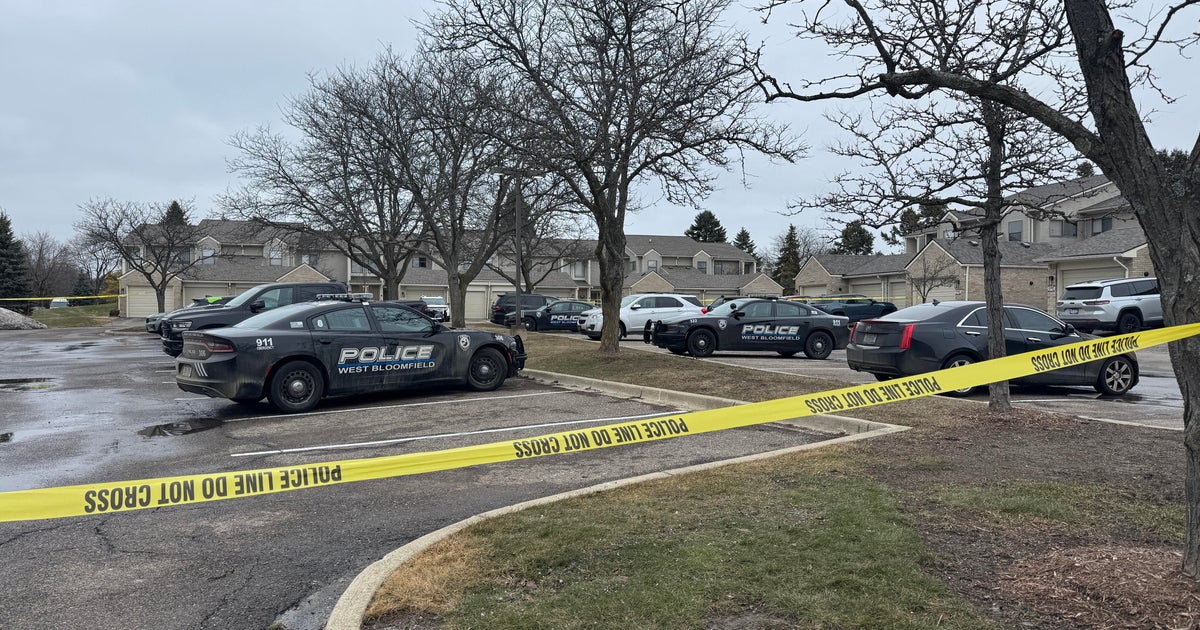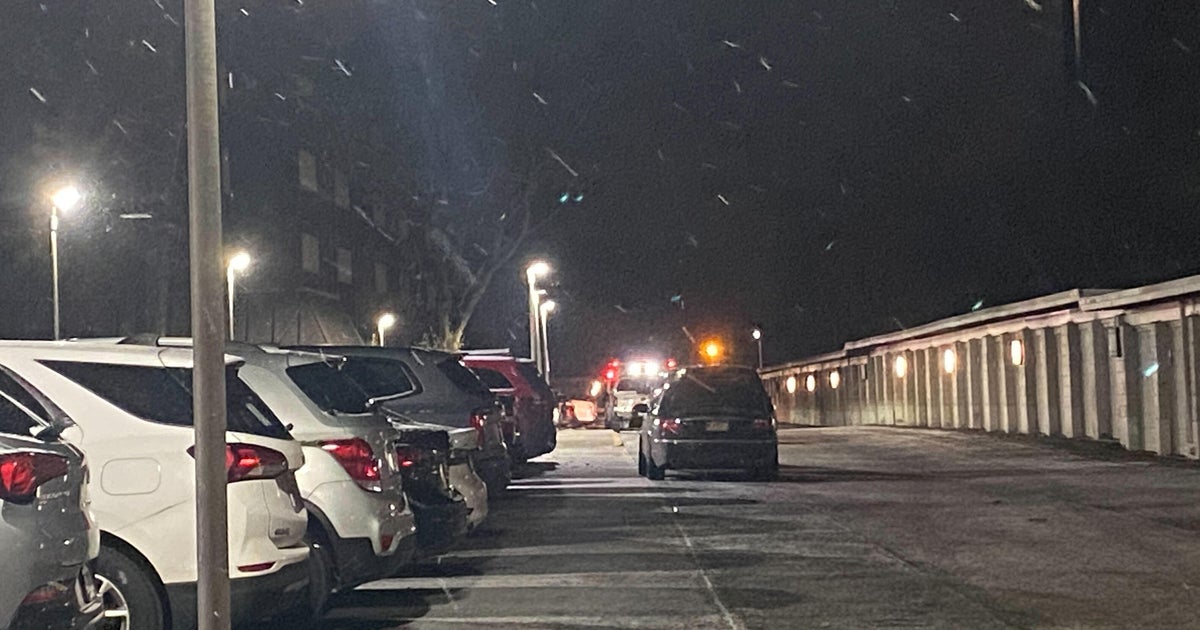Defense: 20 Doctors Agree James Holmes Has Schizophrenia
CENTENNIAL, Colo. (AP) - A prosecutor declared Monday that two psychiatric exams found Colorado theater gunman James Holmes to be sane as he meticulously plotted a mass murder, considering a bomb or biological warfare before settling on a shooting so that he could slaughter more people.
"Boom!" District Attorney George Brauchler said as he showed pictures of the victims and the weapons Holmes used to kill them on a TV screen. "Boom!" he repeated, describing in detail how bullets pierced organs and destroyed limbs.
Holmes' public defender, Daniel King, countered that 20 doctors who examined him in custody as well as the therapist who saw him before the shootings all agree he suffers from schizophrenia, a psychotic brain disease that skewed his thoughts and compelled him to kill.
"He was a good kid" who had no record of ever harming anyone before he had a psychotic delusion that compelled him to murder 12 people and wound 70 at a midnight "Batman" premiere nearly three years ago, King said.
Holmes has pleaded not guilty by reason of insanity. His defense hopes jurors will agree and have him committed to an institution as criminally insane for the rest of his life.
"Mental illness can sure sound like an excuse, but in this case, it's not," King said. "There will be no doubt in your minds that by the end of this trial, Mr. Holmes is severely mentally ill."
Under Colorado law, Brauchler must prove Holmes was sane so that he will instead be executed or spend the rest of his life in prison.
"Through this door is horror. Through this door are bullets, blood, brains and bodies. Through this door, one guy who thought as if he had lost his career, lost his love life, lost his purpose, came to execute a plan," said Brauchler, standing before a scale model of the theater.
"Four-hundred people came into a boxlike theater to be entertained, and one person came to slaughter them," the prosecutor said.
Many more people would have died, but a magazine on his AR-15 assault rifle jammed, leaving 218 bullets unfired, Brauchler said.
LIVE UPDATES: Twitter Updates And More From The Trial
Jurors must eventually decide whether he was unable to know right from wrong because of a mental illness or defect when he slipped into the theater, unleashed tear gas and tried to empty his weapons on the crowd. He's charged with 166 counts of first-degree murder, attempted murder and an explosives offense for the mayhem he caused on July 20, 2012.
It remains one of America's deadliest shootings, and that Holmes was the lone gunman has never been in doubt. He was arrested at the scene, along with an arsenal of weapons on his body and in his car.
Holmes sat quietly, harnessed to the floor by a cable that ran through his pants leg as the lawyers described his emotional rise and fall.
The prosecutor said the once-promising doctoral candidate told his ex-girlfriend that he had an "evil" plan "to kill people," but she dismissed his threat as "theoretical."
Turning away offers of help from his parents, friends and a therapist on campus, Holmes bought guns, protective gear, a detonation system and extremely flammable chemicals to blow up his apartment with. Holmes also got earphones to blast techno music to drown out his victims' screams, and died his long hair a clown-like red, not in a reference to Batman's archenemy, but because he wanted to "be remembered," Brauchler said.
"By the time he gets into that theater ... there is not a millimeter of flesh that is not covered by armor or some protective material," the prosecutor said. "He was wearing a kill suit."
To prove beyond a reasonable doubt that he was "NOT insane," Judge Carlos A. Samour Jr., told the jury, the state must show he had "a culpable state of mind." If Holmes acted with deliberation and intent - willfully taking actions that he knew would kill people -- then even if he had mental problems, he should be found guilty of murder, the judge said.
Prosecutors allege that Holmes planned the violence for months. "He tried to murder a theater full of people to make himself feel better and because he thought it would increase his self-worth," Brauchler said.
But King said "there is nothing inconsistent between mental illness and planning. The question is what are they planning for? Is it a logical, rational objective? Or is it a delusional objective that makes no sense?"
King quoted from a journal the failed doctoral student in neuroscience mailed to his therapist just before the shooting. In it, Holmes wrote a seemingly nonsensical, nihilistic rant: "Why? Why? Why? Why? Why? Life has no value whatsoever ... Untruth is converted to truth by violence times zero, problem equals question mark, zero times problem equals question mark times zero, based on an incorrect theorem, zero equals zero, problem solved."
Such writings clearly show "he was not in control of his thoughts," King said.
"By the time Mr. Holmes stepped into that theater, his perception of reality was so skewed, was so malformed, that he no longer lived in the world that we live in," he said. "He was pursued; he was commanded; he was compelled; pursued by psychotic delusions that controlled him and told him that he had to do this act; commanded by intrusive thoughts, unwanted thoughts that would come into his brain telling him to kill."
The state has already spent millions seeking that verdict, managing an outsized number of victims, witnesses and more than 85,000 pages of evidence. Nearly three years passed hundreds of motions were filed in legal debates over capital punishment and insanity pleas.
Insanity defenses are successful in only 25 percent of felony trials nationally, even less so in homicides. Most mass shooters are killed by police, kill themselves or plead guilty. A review of 160 mass shootings found killers went to trial 74 times, and just three were found insane, according to Grant Duwe, a Minnesota corrections official who wrote the book "Mass Murder in the United States: A History."
Holmes was arrested almost immediately, while stripping off his body armor in the parking lot outside the Century 16 movie theater. His victims included two active-duty servicemen, a single mom, a man celebrating his 27th birthday, and an aspiring broadcaster who had survived a mall shooting in Toronto. Several died shielding friends or loved ones.
At 6 years old, the youngest to die was Veronica Moser-Sullivan.
"That guy shot her four times. Four times! I'm not going to show you her picture now because you should only have to see it once," Brauchler said.
Veronica's mother, Ashley Moser, was left paralyzed and lost her unborn child, he added.
"When all is said and done," Brauchler said, "I am going to ask you to reject that man's claim that he didn't know right from wrong. I'm going to ask you to hold him accountable."
- By Sadie Gurman, AP Writer
(© Copyright 2015 The Associated Press. All Rights Reserved. This material may not be published, broadcast, rewritten or redistributed.)







